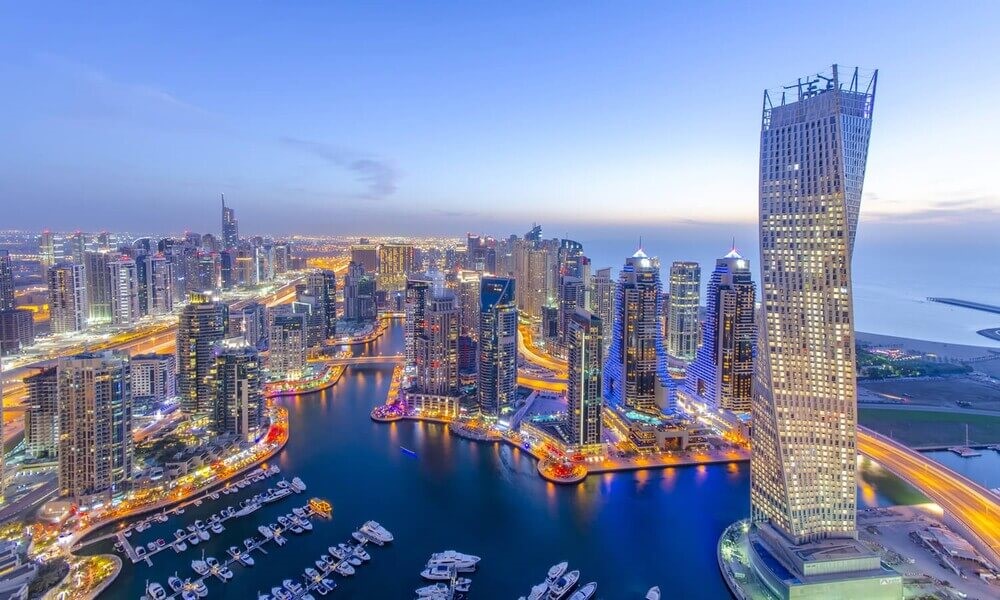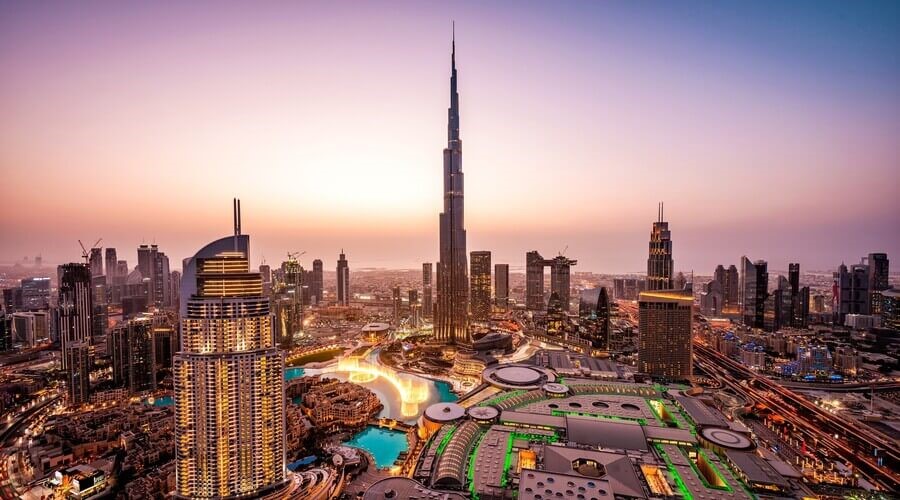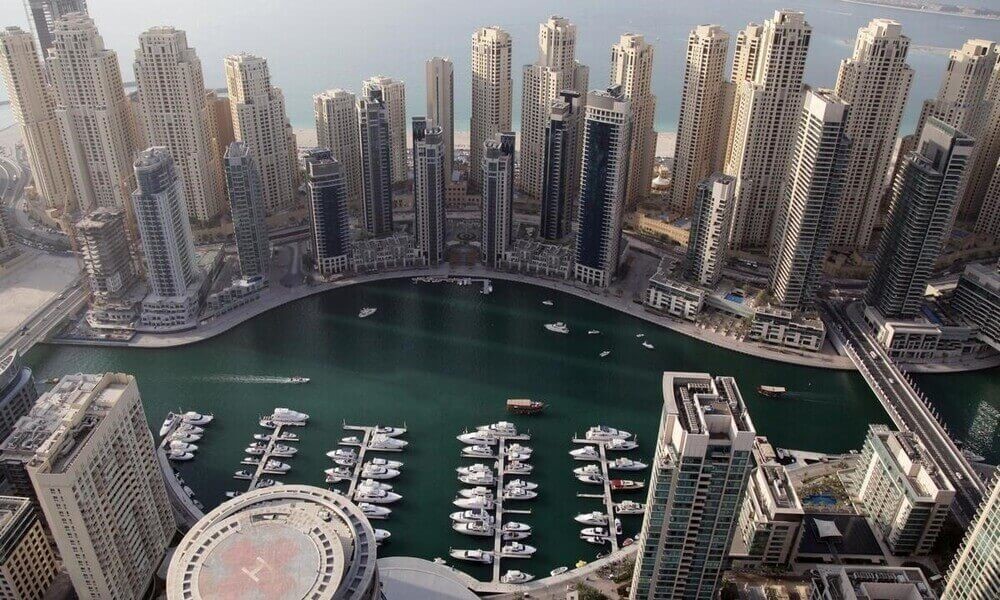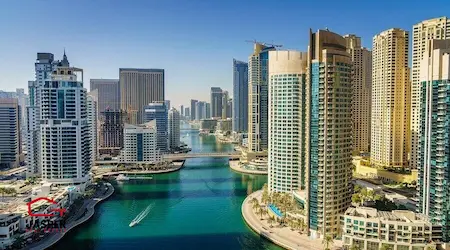Types of Ownerships In Dubai
Dubai in recent years has turned into one of the most popular destinations for international investors. And so there are a lot of questions regarding the procedures of acquiring property in Dubai. In this article we are going to discuss the different types of ownerships in Dubai and the pros and cons of each type. Beware the types of ownerships differ from the types of properties which will be discussed in another feature.
In this article we will be discussing the following:
- Who can own property in Dubai?
- The types of ownerships in Dubai
- Pros and cons of Freehold ownership
- Pros and cons of Leasehold ownership
- Freehold vs Leasehold ownership
- Commonhold, Usufruct & Musataha ownerships
- Final word
Who can own property in Dubai?

According to the Real Estate Laws and Regulations in the United Arab Emirates The right to own real property in the emirate is restricted to UAE nationals, nationals of the Gulf Cooperation Council (GCC) member states (which include only the five nations of Bahrain, Kuwait, Oman, Qatar and Saudi Arabia) and to companies fully owned by them, and to public joint stock companies.
But that is not all; Non –UAE persons and citizens may also acquire property in certain areas determined by the Ruler (the so-called designated areas). To make sure that you are eligible for investing in Dubai we suggest getting in touch with the experts at Jasper Real Estate. The types of ownerships in Dubai by non-UAE citizens is generally categorized in two different classes which we will review in the next part.
The types of ownerships in Dubai:

The types of ownerships in Dubai are more than two types (more on this later); But the chief categories of proprietorship in the city called The Gulf Tiger that concerns the foreign investors the most are mainly two: The Freehold Ownership & The Leasehold Ownership.
In the Freehold ownership, the foreign investor who buys a property has complete control over the property forever. On the other hand in the Leasehold type of ownership an expat can buy a property for up to a maximum 99-year time-period and as opposed to the freehold ownership here the owner has limited control and power over the property.
Freehold ownership: Pros and cons
This type of ownership gives the owner absolute power over the property and the land on which the property is built. If you acquire a property in the form of a freehold ownership your name will be registered as the landowner. Unlike a leasehold ownership which we will discuss in a bit, a freehold ownership has no time-restrictions which means you will own the property for all eternity.
But other than that what are the advantages and disadvantages of freehold ownership and are there any disadvantages to it? Let’s go over the pros and cons.
Other than owning a property in the ever growing metropolis that is Dubai the pros of freehold ownership are as followed:
- The owner has complete power over the property which means he/she can easily renovate, remodel and make any changes to property or even demolish it altogether.
- The owner has the right to rent or sell or occupy the property if he/she wishes to do so at any given time.
- The owner of a freehold property in Dubai and his/her family are automatically eligible for long-term residency visas of 5 or 10 years which are renewable.
- The investors and suitors of this type of ownership have a long and diverse list of options to choose from.
- Considering the rental prices of freehold properties, the owners can benefit from a wonderful rate of return-on-investment.
- The property will be passed on to the owner’s heirs upon his/her demise.
- The owners do not have to reside in the UAE while possessing a property in the freehold type of ownership.
As for cons, well, we looked and all we could fine were the following:
- The owner is completely responsible for all and any expenses for maintenance and repair.
- There is an annual maintenance charge that must be paid by the owner.
- That is it!
As you can see the freehold ownership gives you not only the control over the property but also presents the owner a variety of opportunities in the form of residency visas and high return-on-investment rates.
Leasehold ownership: Pros and cons
Purchasing a property in the type of a leasehold ownership gives the owner only the control over the property and not the land on which the property is located. The leasehold contract can run up to a maximum of 99 years.
Among the pros of owning property in Dubai we must mention the following:
- Since expats are only allowed to buy properties on a freehold basis in the designated areas, the persons who wish to acquire properties in the form of a leasehold property have a wider range of options to choose from both in terms of the areas and also the prices.
- The leasehold owner of a property in Dubai has a very limited amount of responsibility over the cost of the property’s maintenance and repairs.
The pros of leasehold ownership were rather short but the same applies to its cons also:
- The ownership of the property is immediately given back to the freeholder of it as soon as the leasehold contract is ended unless it is renewed.
- Any changes and repairs such as remodelling or renovations are subject to the permission of the property’s freehold owner.
- The leasehold owner is not allowed to sublet the property to other people in any case.

Freehold vs Leasehold ownership:
So now that we know the main differences and biggest advantages and disadvantages of the types of ownerships in Dubai, which one should we choose? If you feel you need help and professional advice on the matter do not shy away from contacting our agents in Jasper Real Estate.
All in all most investors are of the opinion that (and we believe you agree) among the types of ownerships in Dubai, the freehold ownership gives the owner more options, better opportunities and extra power and therefore is the preferable form of acquiring the ownership of a property in Dubai.
That said, each person and each investor must look at his/her priorities and goals. Buying a property in Dubai on a freehold basis seems more interesting but at the same time obtaining a property in the form of freehold ownership is considerably costlier. It helps to work out what it is exactly you are looking for and what you wish to obtain through investing in Dubai and what your plans are for in the future.
Commonhold, Usufruct & Musataha ownerships
This article would not be complete if we do not explain commonhold and Usufruct ownerships in Dubai. So far we have mainly introduced and discussed the two primary categories of property ownership in Dubai but there are also two other types of ownerships in Dubai as well which slightly differ from leasehold and freehold ownerships.
First let’s talk about commonhold ownership. In simple terms commonhold ownership is a subtype of freehold ownership. In the freehold type of ownership we said that you have complete control over bothe the building AND the land on which your property is built. While that is true of villas and townhouses, things are a bit different when it comes to apartment buildings.
Since each unit in an apartment is usually owned by a different individual (hence the name commonhold), then none of them has the ownership of the land which the apartment is built upon. There are also some extra maintenance fees for the common areas. Other than that all the other rules and regulations are the same as freehold ownership.
Usufruct is another term that anyone interested in investing in real estate in Dubai must be familiar with. In essence usufruct is the same as leasehold ownership, only that in this type of ownership you are able to make any changes to the property whatsoever unlike leasehold in which this was possible with the approval of the main or freehold owner.
And last but not least in the musataha ownership. A musataha is basically a long term lease on a piece of land or development which allows the buyer to build on, plant on and even mortgage the property. A musataha ownership cannot be any longer than 50 years. We understand if this part was maybe a bit confusing which is why we highly recommend contacting the specialists at Jasper Real Estate for further and more detailed information on these types of ownerships in Dubai.
Final word
For any expats looking for investments in a foreign country there are nary a better option than the UAE and Dubai. Regardless of one’s goals and dreams, Dubai is a safe haven for any person who wants to make a sound and proper investment and be sure that they will reap the rewards in the future. Whether you are looking to yield immediate financial results through investment in the near future or you are in it for the long haul, Dubai is the answer.

